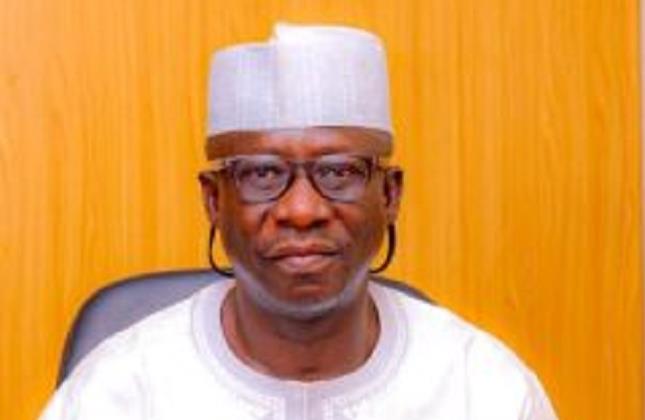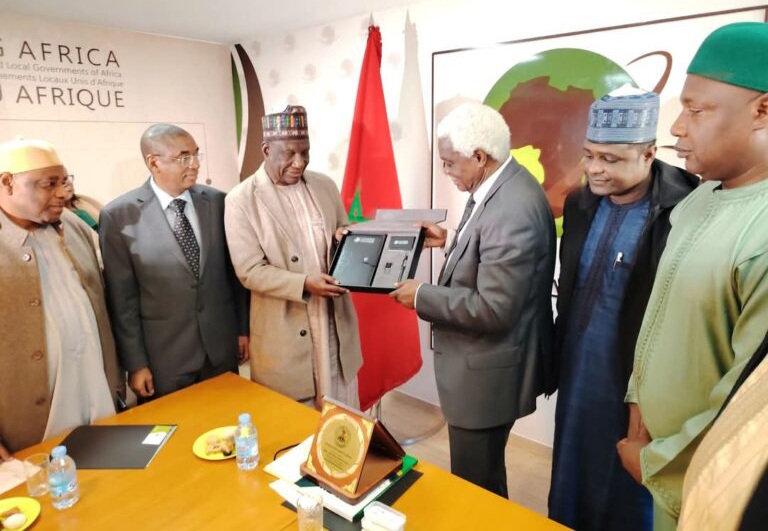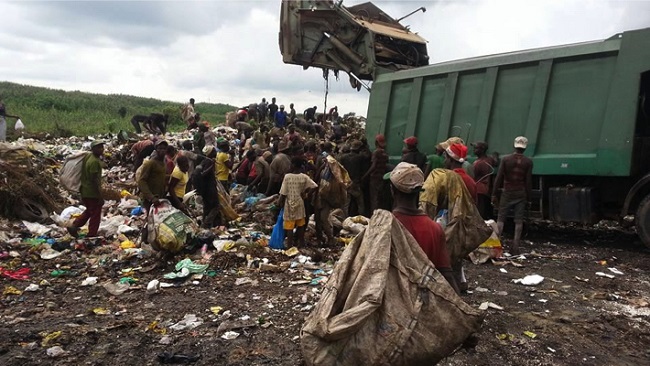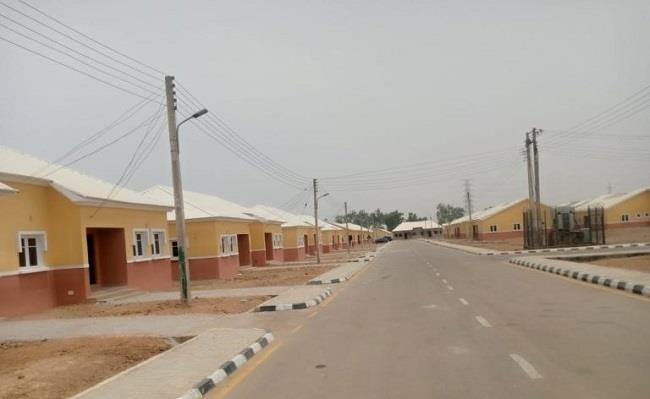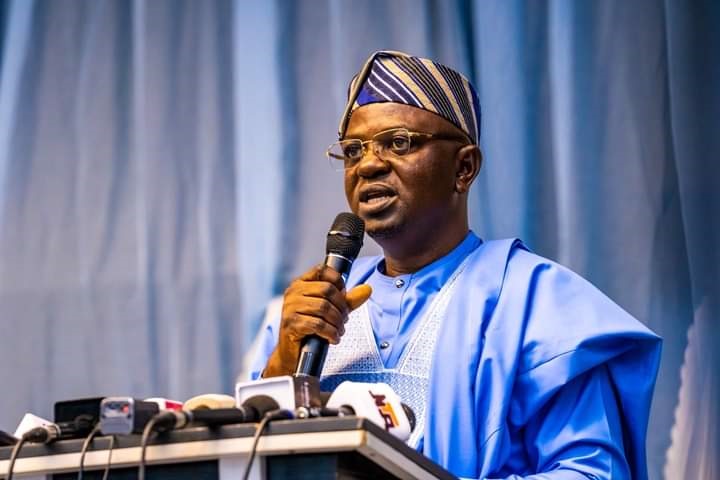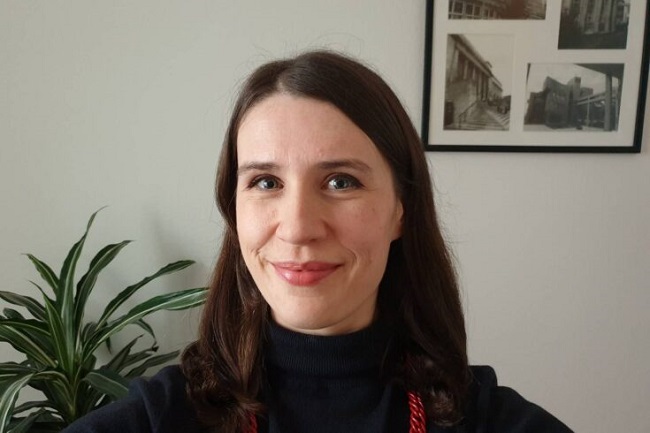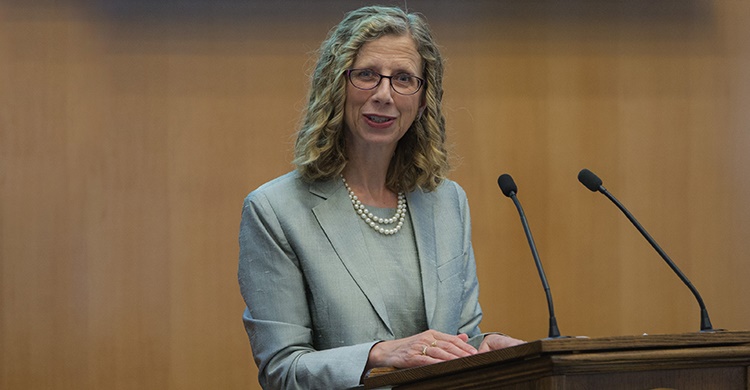The European Union said it would respond with “firm and proportionate countermeasures” to the U.S. decision to impose tariffs on all steel and aluminium imports, escalating fears of a trade war.

U.S. President, Donald Trump, signed proclamations on Monday, February 10, 2025, raising the U.S. tariff rate on aluminium to 25 per cent from his previous 10 per cent rate.
Trump eliminated the country exceptions and quota deals as well as hundreds of thousands of product-specific tariff exclusions for both metals.
The measures would take effect on March 4, a White House official confirmed.
The tariffs will apply to millions of tons of steel and aluminium imports from Canada, Brazil, Mexico, South Korea and other countries that had been entering the U.S. duty-free under the carve-outs.
The move will simplify tariffs on the metals “so that everyone can understand exactly what it means,” Trump told reporters. “It’s 25 per cent without exceptions or exemptions. That’s all countries, no matter where it comes from, all countries.”
Trump said he would follow with announcements about reciprocal tariffs on all countries that impose duties on U.S. goods over the next two days, and said he was also looking at tariffs on cars, semiconductors and pharmaceuticals.
Asked about threats of retaliation by other countries against his new tariffs, Trump said: “I don’t mind.”
European Commission President, Ursula von der Leyen, said she deeply regretted the U.S. decision, adding that tariffs were taxes that were bad for business and worse for consumers.
EU steel exports to the U.S. have averaged about €3 billion ($3.1 billion) a year over the past decade.
In a statement, Von der Leyen said: “Unjustified tariffs on the EU will not go unanswered. They will trigger firm and proportionate countermeasures. The EU will act to safeguard its interests.’’
Von der Leyen did not provide details of the response. One option would be to reactivate the tariffs the EU imposed in 2018 that were suspended under a truce agreed between von der Leyen and then-U.S. president Joe Biden.
The EU tariffs on U.S. products such as bourbon, motorcycles and orange juice are currently suspended until the end of March.
According to American Iron and Steel Institute data, steel imports accounted for about 23 per cent of American steel consumption in 2023 with Canada, Brazil and Mexico the largest suppliers.
Canada, whose abundant hydropower resources aid its metal production, accounted for nearly 80 per cent of U.S. primary aluminium imports in 2024.
Canada’s Prime Minister, Justin Trudeau, on Tuesday called the tariffs “unacceptable”.
Speaking on the sidelines of the Paris Artificial Intelligence Summit, Trudeau said Canada would seek to highlight the negative impact of the U.S. tariffs and if necessary its response would be firm and clear.
“Canadians will stand up strongly and firmly if we need to,’’ he said.
Trump also will impose a new North American standard requiring steel imports to be “melted and poured” and aluminium to be “smelted and cast” within the region to curb U.S. imports of minimally processed Chinese and Russian metals that circumvent other tariffs.
While China exports only tiny volumes of steel to the U.S., it is responsible for much of the world’s excess steel capacity.
According to the U.S. subsidised production in China forces other countries to export more and leads to trans-shipment of Chinese steel through other countries into the U.S. to avoid tariffs and other trade restrictions.
Following losses in Asian and European steel makers on Monday, shares of Chinese steel makers dropped further on Tuesday, while shares in U.S. steel and aluminium makers jumped ahead of the proclamations.


